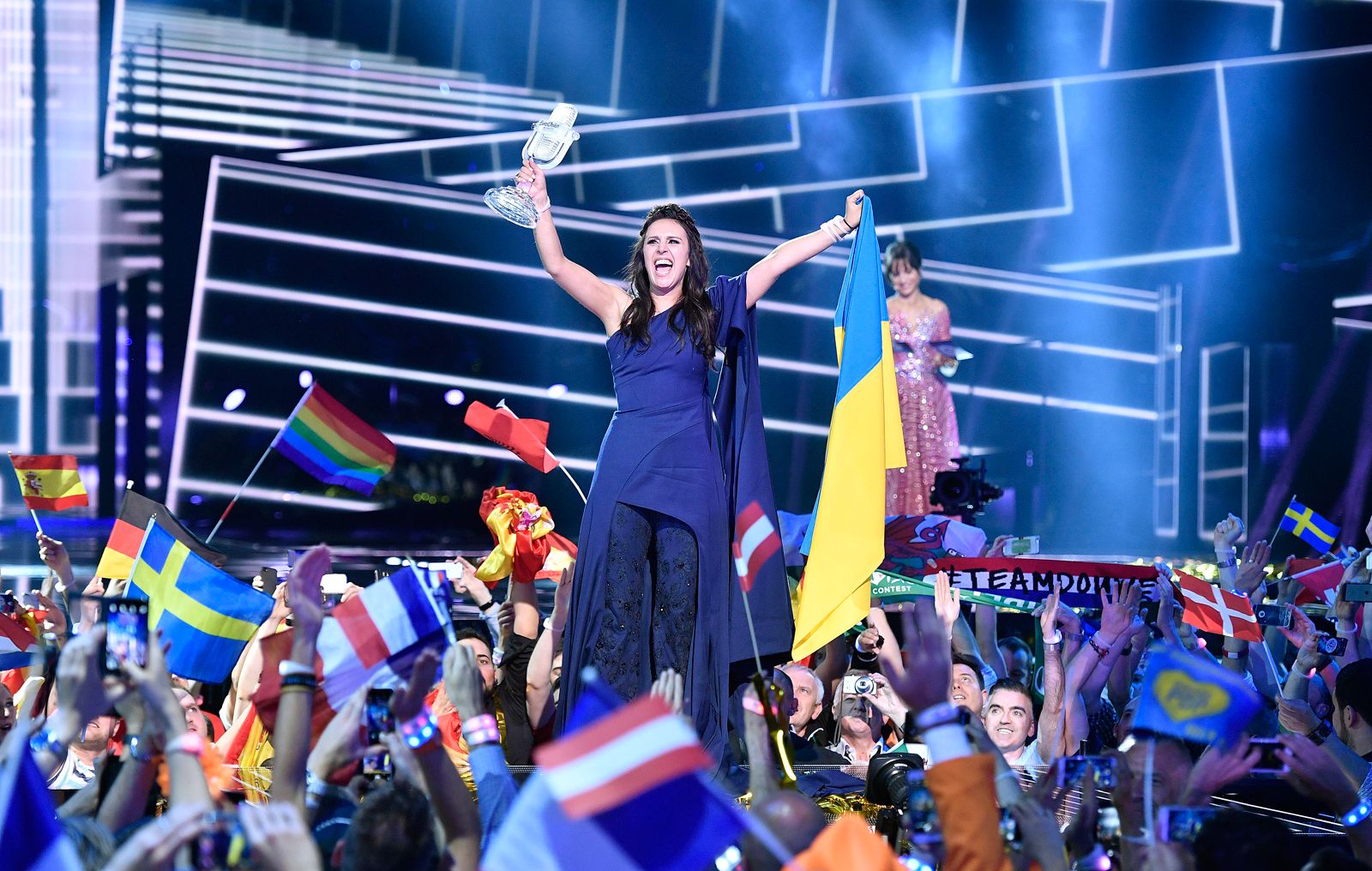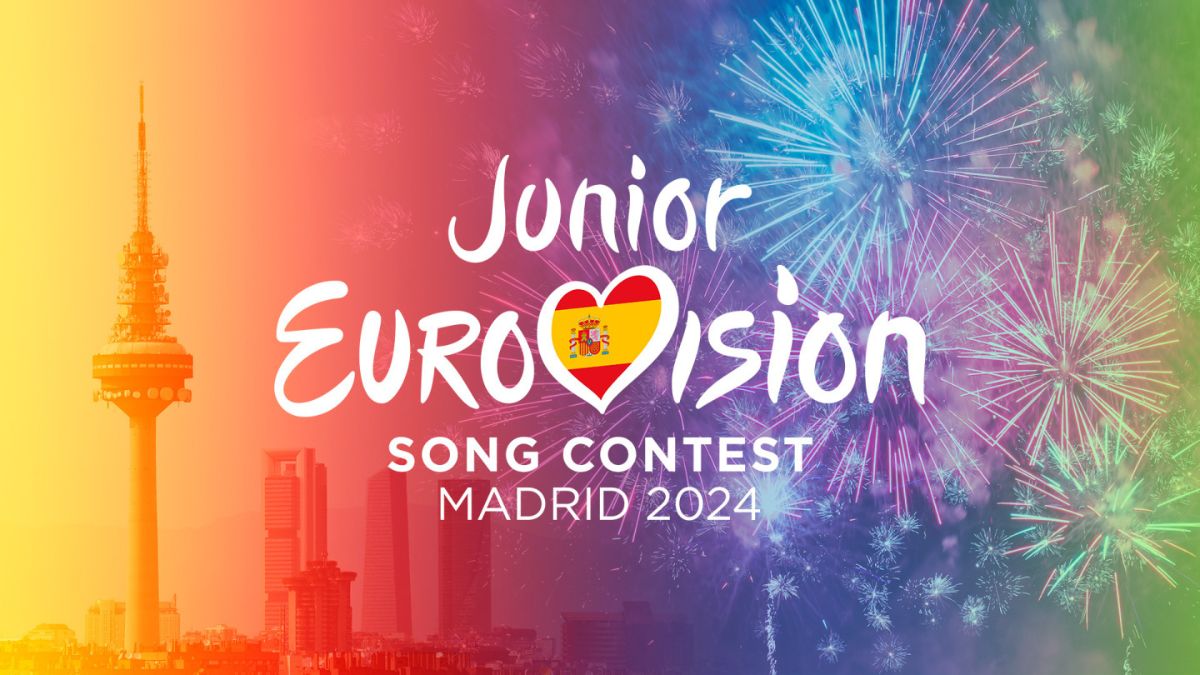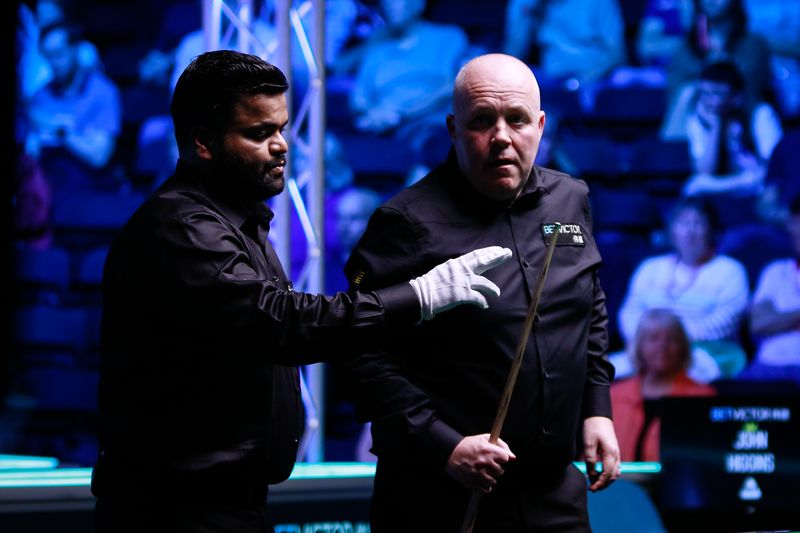How The Eurovision Song Contest Determines The Winner

Table of Contents
The Two-Part Voting System: Jury and Televoting
The Eurovision Song Contest utilizes a unique two-part voting system, combining professional judgment with public opinion to ensure a fair and inclusive result. This dual approach aims to balance objective musical assessment with the popular appeal of each performance. This system is designed to prevent any single factor from overwhelmingly influencing the final outcome.
The Jury Vote
Each participating country assembles a professional jury composed of five music industry experts. These jurors are typically respected musicians, composers, and music journalists, ensuring a level of expertise in evaluating musical performances.
- The Jury Voting Process: Each jury member individually ranks all competing songs, awarding points based on their ranking (12 points for their favorite, down to 1 point for their least favorite). These rankings are kept secret until the live broadcast.
- The Goal: The jury vote aims to provide an objective assessment of various aspects of each performance. This includes musical quality, originality of the song, vocal ability, stage presence, and overall artistic merit.
- Potential Controversies: Despite the attempt at objectivity, the jury vote has occasionally faced accusations of bias or favoritism. This highlights the complexities of subjective evaluation in a high-stakes international competition. Transparency remains a key area of focus for Eurovision organizers.
The Televote
The televote gives viewers in each participating country a direct voice in choosing the Eurovision Song Contest winner. Viewers vote for their favorite songs via telephone, SMS text messages, or dedicated Eurovision apps.
- The Power of Public Opinion: The televote reflects the raw popularity of each song, capturing the energy and enthusiasm of the audience. A strong televote can significantly boost a country's overall score.
- National and International Fanbases: The Eurovision Song Contest boasts a massive global fanbase. A dedicated national fanbase can generate a substantial number of votes, while international fanbases can provide crucial support for particular entries.
- Potential Issues: Televoting isn't without challenges. Concerns have been raised regarding potential voting manipulation, regional biases, and the influence of organized voting campaigns. Eurovision organizers continually implement safeguards to mitigate these risks.
Point Allocation and Calculation
Both the jury vote and televote contribute equally to the final score. Each country awards points separately, meaning one country's jury might rank a song highly, while its televote ranks it lower. This prevents any single element from dominating the process.
- The Point System: The familiar 1-12 point system is used in both the jury and televote. Twelve points are awarded to the favorite, and one point to the least favorite.
- Tallying the Scores: All points from each country's jury and televote are added together to determine each country's total score.
- The Significance of Each Vote: Even a single point can make a difference in the final ranking, especially if several countries are closely competing.
- Ties: In the rare event of a tie, additional criteria are employed to determine the winner. This may involve comparing the jury scores or even re-evaluating the votes.
The Reveal and the Winner
The announcement of the Eurovision Song Contest winner is a climatic moment, often filled with suspense and excitement. The scores are revealed one by one, building anticipation until the final winner is declared.
- The Announcement Process: The host typically announces the scores for each country, revealing the jury and televote scores separately to demonstrate the balance in the voting process.
- The Excitement and Anticipation: The final moments of the contest are filled with dramatic tension as the scores are revealed. The winning country's representative bursts with joy, and national pride swells among the citizens.
- The Impact of Winning: Winning the Eurovision Song Contest brings immense prestige to the winning artist and country. It can boost tourism, enhance international relations, and launch the winning artist's career to new heights.
- The Legacy of Past Winners: The Eurovision Song Contest has produced many legendary artists and memorable songs over the decades. Many past winners have gone on to achieve significant international success, demonstrating the contest's influence on the music industry.
Factors Influencing the Eurovision Song Contest Winner
While the voting system is crucial, several factors contribute to a country's success in the contest. These are all equally important components that all need to work in harmony for a chance at winning.
- Song Quality: A catchy melody, meaningful lyrics, and originality are essential for a successful entry. A great song is the foundation of a winning performance.
- Artist's Performance: Strong vocal ability, compelling stage presence, and effective communication with the audience are vital for captivating viewers and securing high scores.
- Staging and Visual Elements: Professional staging, creative lighting, and well-designed costumes enhance the overall performance and add to its impact.
- National Pride and Voting Blocs: National pride plays a significant role, with countries often rallying around their own entry. Voting blocs, where countries consistently vote for each other, can also influence the outcome.
- Pre-Contest Buzz and Media Coverage: Generating excitement and media attention before the contest can create a wave of positive support and increase the chances of high scores.
Conclusion
The Eurovision Song Contest winner isn't simply chosen by chance; it's a complex process balancing artistic merit with popular opinion. The combination of jury and televote ensures a result that reflects both professional assessment and public enthusiasm. By understanding the intricate voting system, we gain a deeper appreciation for the hard work, talent, and national pride represented in this global spectacle. So, next time you watch the Eurovision Song Contest, you'll have a much clearer understanding of how the Eurovision Song Contest winner is determined! Want to learn more about specific Eurovision Song Contest winners and their winning strategies? Keep exploring!

Featured Posts
-
 Eurovision 2025 United Kingdoms 19th Place Finish
May 19, 2025
Eurovision 2025 United Kingdoms 19th Place Finish
May 19, 2025 -
 Bbc Radio 2 Elige La Mejor Cancion De Eurovision Siglo Xxi
May 19, 2025
Bbc Radio 2 Elige La Mejor Cancion De Eurovision Siglo Xxi
May 19, 2025 -
 Norfolk States Angie Nicholson Meac Softball Coach Of The Year
May 19, 2025
Norfolk States Angie Nicholson Meac Softball Coach Of The Year
May 19, 2025 -
 Unlocking Chateau Charm Diy Projects For Your Home
May 19, 2025
Unlocking Chateau Charm Diy Projects For Your Home
May 19, 2025 -
 Cardinal News Roundup Wednesday Afternoon
May 19, 2025
Cardinal News Roundup Wednesday Afternoon
May 19, 2025
